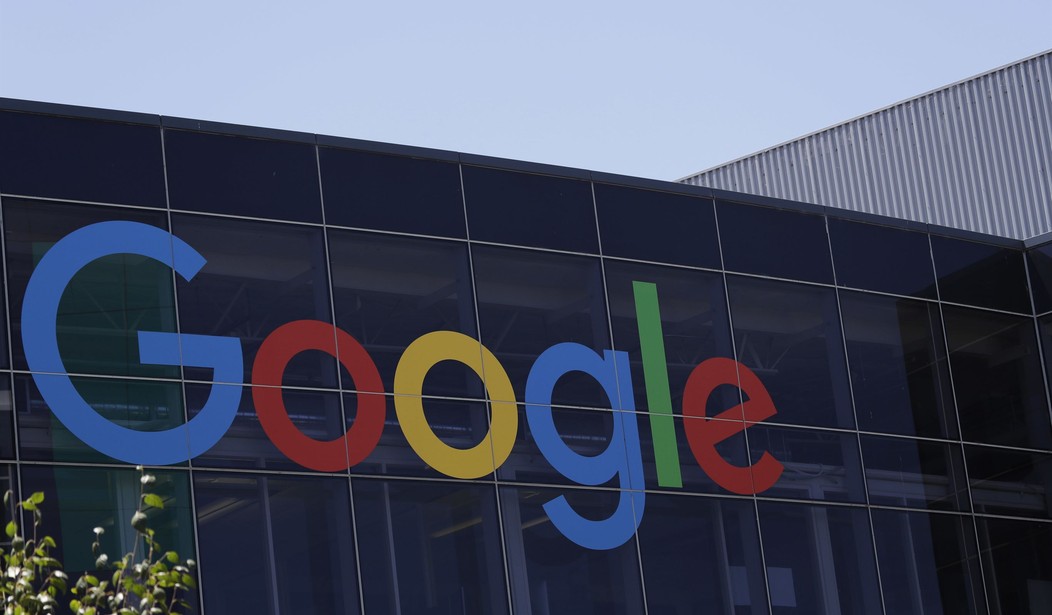One would hope that Google would understand the value and importance of copyrights. After all, the search engine giant handles about 2 million copyright takedown notices each day. “Copyrightability” is clearly a fundamental aspect of the company’s business model—a fact that makes some of Google’s recent decisions all the more surprising.
Currently, the search engine company is embroiled in a high stakes legal battle over the very issue of copyright protection. Headed for a showdown at the United States Supreme Court, the lawsuit—Google LLC v. Oracle America Inc.—will no doubt establish lasting precedent about the relationship between businesses and their intellectual property. But rather than defending intellectual property rights, Google is instead seeking to drastically undermine them.
Given its involvement with just about every aspect of information provision on the internet, Google has more in-depth and real-world experience with the ins-and-outs of intellectual property and the importance of protecting them both—Google itself wouldn’t exist without the longstanding protections copyrights afford in the US, and how that forms the foundation of market innovation.
So, why then is Google behaving otherwise?
The answer, as one might imagine, is short-sighted self-interestedness. Back in 2010, Google was caught attempting to copy 11,500 lines of Oracle’s Java code verbatim. The move prompted Oracle to sue Google for the theft. But rather than admitting its mistake—copying the work of other developers and passing it off as its own—Google decided to double down. It didn’t want to pay a settlement, so the search engine giant fought back.
Google argued that the digital information it duplicated, as well as the software encoded therein, was not actually protected under copyright. Rather, its copying of the script represented “fair use,” and any copyrightable claim to the code itself was effectively moot.
Recommended
Ironically enough, more than any other company, Google should recognize the dangers this argument poses for all intellectual property providers. Google’s own algorithms, the “secret sauce” through which it operates its search engine, are tightly guarded pieces of intellectual property. In fact, their entire business model relies upon the constant innovation that copyrights permit. But if the Supreme Court rules in their favor, Google is likely to lose the innovation it requires to be successful.
That’s because coding, like all other endeavors that can be protected via copyright, is a creative process. New, innovative code designed to solve previously unaddressed problems doesn’t just appear. It must be built by individuals, often through painstaking, laborious processes. It requires work—a lot of it. And for people to engage in the challenging endeavor of innovation, there needs to be a reward for their efforts. Copyrights serve that exact purpose.
By protecting intellectual property from theft, copyrights ensure that the spoils of innovation are awarded to the victor. In a sense, copyrights serve as both the carrot and the stick—incentivizing creators with the promise of exclusive rights over their creation while disincentivizing the theft of intellectual property through the threat of legal repercussions. This is particularly important in relation to digital IP, where thousands of hours of work can be stolen simply by copying and pasting the end product—not unlike what Google did to Oracle.
The problem, however, is that if copyright protections are removed, so is any incentive to innovate. Why should any person dedicate their time and energy toward solving a problem if they don’t serve to benefit? Or worse, if the fruits of their efforts could so easily be claimed by another, why even bother? That's the risk Google takes by undermining the legitimacy of digital copyrights.
Whether we are talking about music, technology, or yes, even coding, copyrights form the backbone of innovative progress within a free-market society. Without a doubt, these intellectual property rights must be defended from any corporate entity that thinks itself above the law. The legal erosion of IP protections is an attack against the foundation of private property within the United States. And such behavior simply cannot be tolerated.

























Join the conversation as a VIP Member